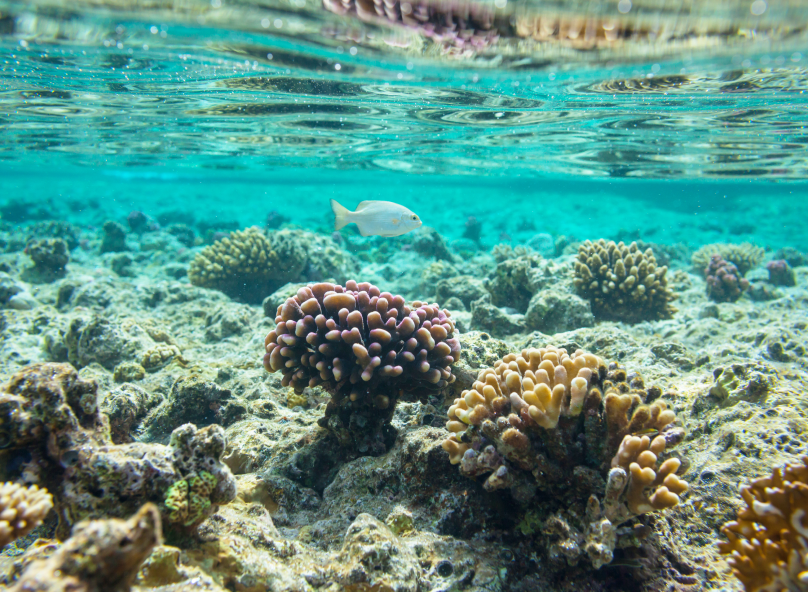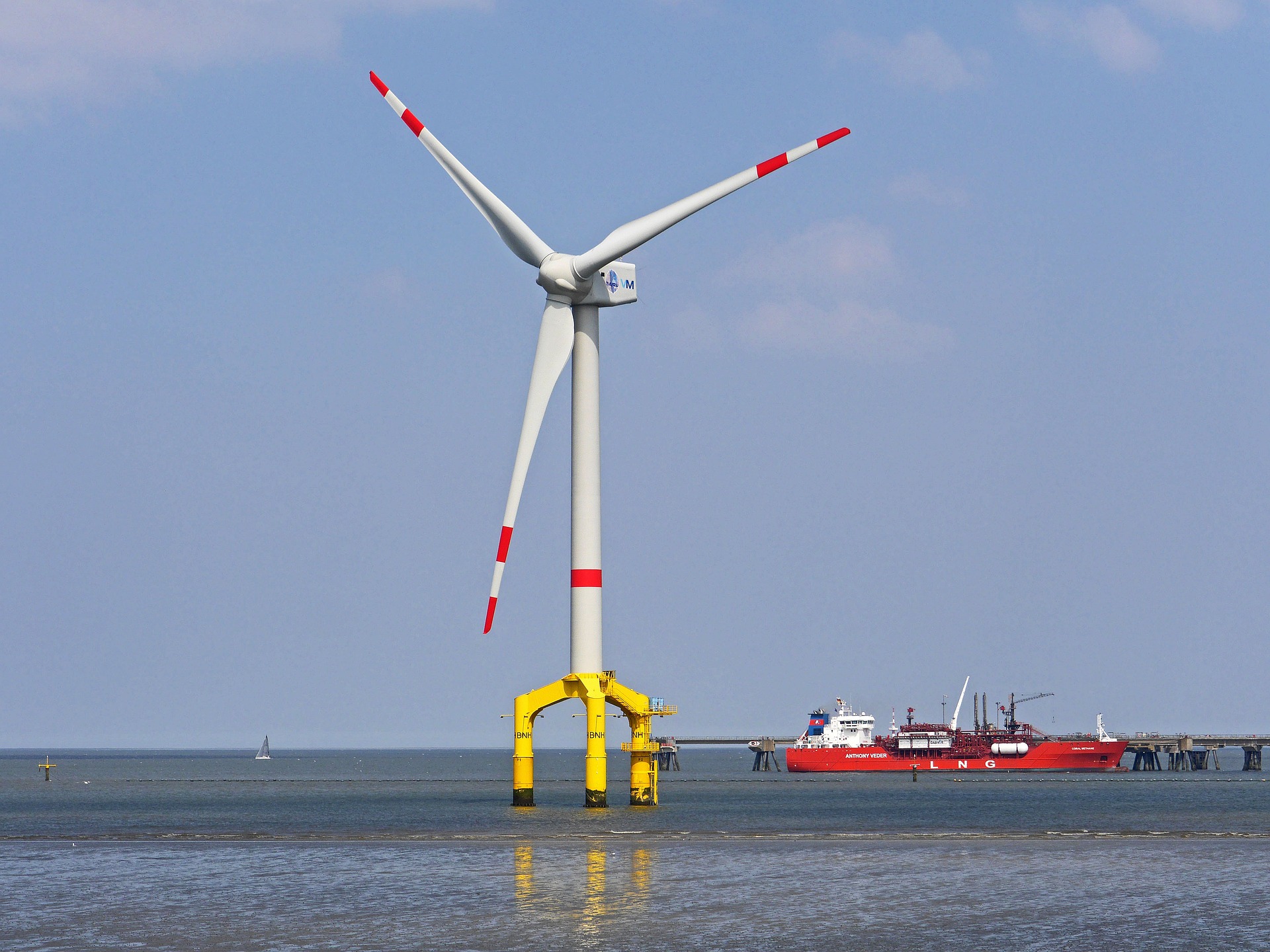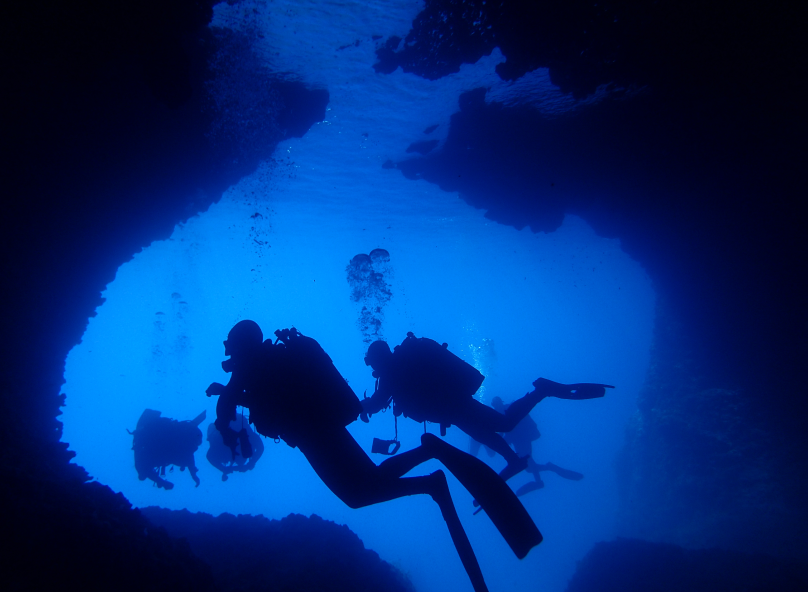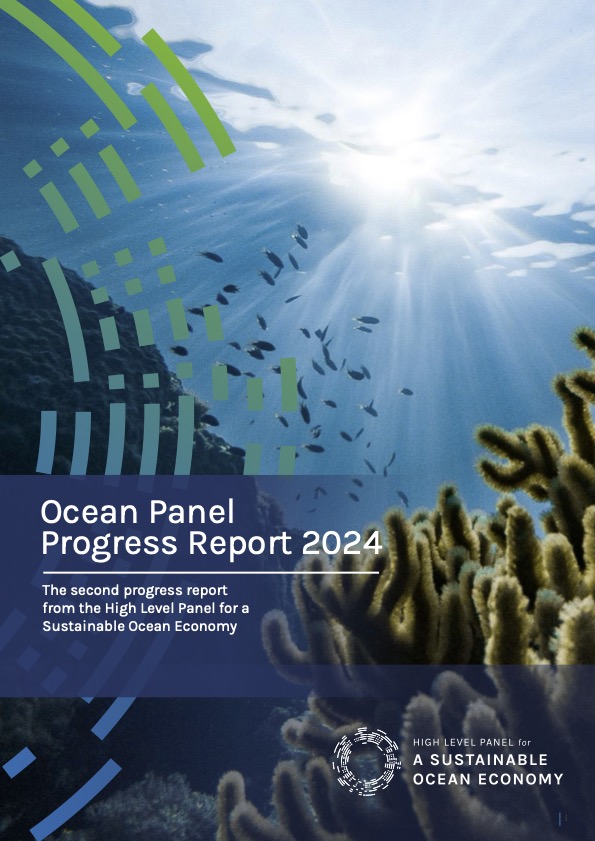Commitments from Ocean Panel member countries were mapped against the Transformations agenda, showing trends from 2017 to 2023
Key Pillars
The Ocean Panel’s Transformations agenda outlines a set of ambitious, yet practical recommendations to reshape the way we safeguard and utilise the ocean over the next decade—and ultimately manage humanity’s impacts on it—through transformative actions across these 5 key pillars.
Additionally, the relevance and significance of the Ocean Panel’s Transformations agenda does not stop at the shoreline. The agenda directly aligns with the Paris Agreement, the UN Sustainable Development Goals, and 85 percent of the targets of the Convention on Biological Diversity’s Post-2020 Global Biodiversity Framework.
2023 Showed Increases Across All Pillars by Percentage
Building on the 2022 Progress Report, the Ocean Panel is continuing to make significant progress across all five pillars, with a higher number of voluntary commitments and a greater range of commitments across previously overlooked themes.
Wealth
Health
Equity
Knowledge
Finance
Encouraging Progress
A comparison of the commitments made each year against the five areas of the Ocean Panel’s Transformations agenda indicates that ocean health priorities are being increasingly complemented with commitments for sustainable production, with intensifying efforts on equitable and inclusive ocean economy.
Continued Assessment
Ocean Panel commitments made at the Our Ocean Conference and the UN Ocean Conference will continue to be tracked and progress will be assessed in upcoming progress reports.
Transformations Agenda Outcomes for 2030
The Ocean Panel’s framework consists of a set of 14 outcomes for 2030 across the five pillars and 74 priority actions to achieve them. While Ocean Panel countries have a shared destination in the 2030 outcomes, the priority actions taken by members to achieve these outcomes may vary based on national circumstances, capacity, and priorities.
| Transformation | 2030 Outcome |
|---|---|
|
Transformation
Ocean Wealth
|
2030 Outcome
Sustainable ocean food: Wild fish stocks are restored and harvested at sustainable levels, aquaculture is sustainably grown to meet global needs and waste is minimised and managed throughout the value chain. Sustainable ocean energy: Ocean-based renewable energy is fast growing and on the path to becoming a leading source of energy for the world. Sustainable ocean-based tourism: Coastal and ocean-based tourism is sustainable, is resilient, addresses climate change, reduces pollution, supports ecosystem regeneration and biodiversity conservation and invests in local jobs and communities. Sustainable ocean transport: Shipping investments have effectively accelerated the shift towards zero-emission and low-impact marine vessels. Sustainable new ocean industries: Innovation and investments in new ocean industries have boosted environmentally responsible and inclusive economic growth. A precautionary approach to seabed mining: Sufficient knowledge and regulations are in place to ensure that any activity related to seabed mining is informed by science and ecologically sustainable. |
|
Transformation
Ocean Health
|
2030 Outcome
Reduced greenhouse gas emissions: Ambitious climate action has set the world on track to achieve the goals of the Paris Agreement and restore ocean health. Protected and restored marine and coastal ecosystems: Marine and coastal ecosystems are healthy, resilient and productive, and nature-based solutions are key elements in developing coastal infrastructure. Reduced ocean pollution: The ocean is no longer a sink for pollution and ocean dead zones are minimised. |
|
Transformation
Ocean Equity
|
2030 Outcome
Equal opportunity to benefit from the ocean: People have equitable access to ocean resources, benefits are fairly distributed and the most vulnerable are protected from the risk of harm. |
|
Transformation
Ocean Knowledge
|
2030 Outcome
Strengthened ocean literacy and skills: Through the United Nations Decade of Ocean Science, ocean literacy has been enhanced worldwide. People understand the value of the ocean and have acquired the skills and knowledge to participate in the sustainable ocean economy. The value of the ocean is accounted for: Decision-making affecting the ocean reflects the value of and impacts on the ocean’s natural capital. Ocean science, technology and data are harnessed: A globally shared data revolution has contributed to sustainable ocean management worldwide. |
|
Transformation
Ocean Finance
|
2030 Outcome
Sustainable ocean finance: Sustainable ocean finance is accessible for all and drives ecologically sustainable and socially equitable economic growth. |








